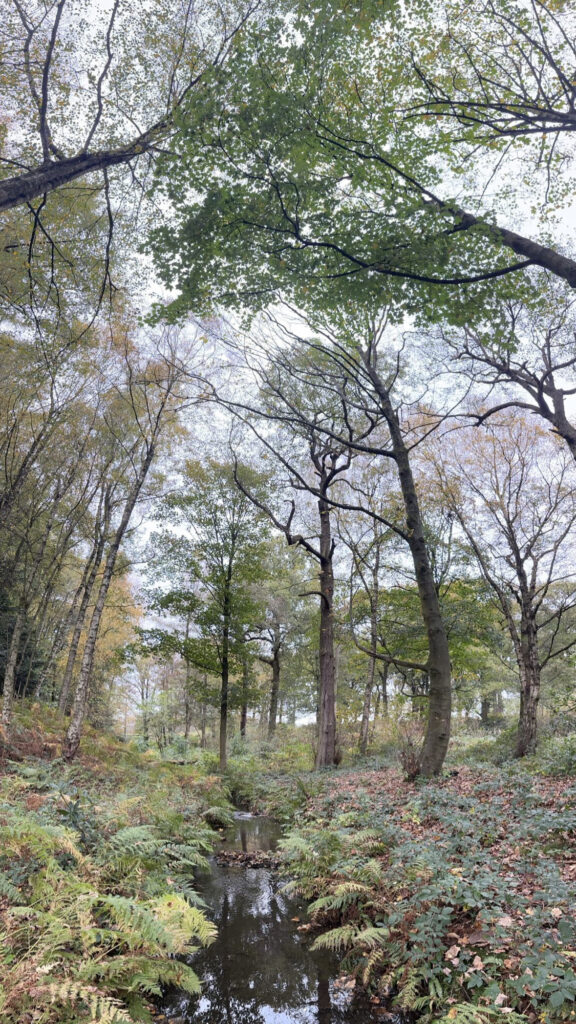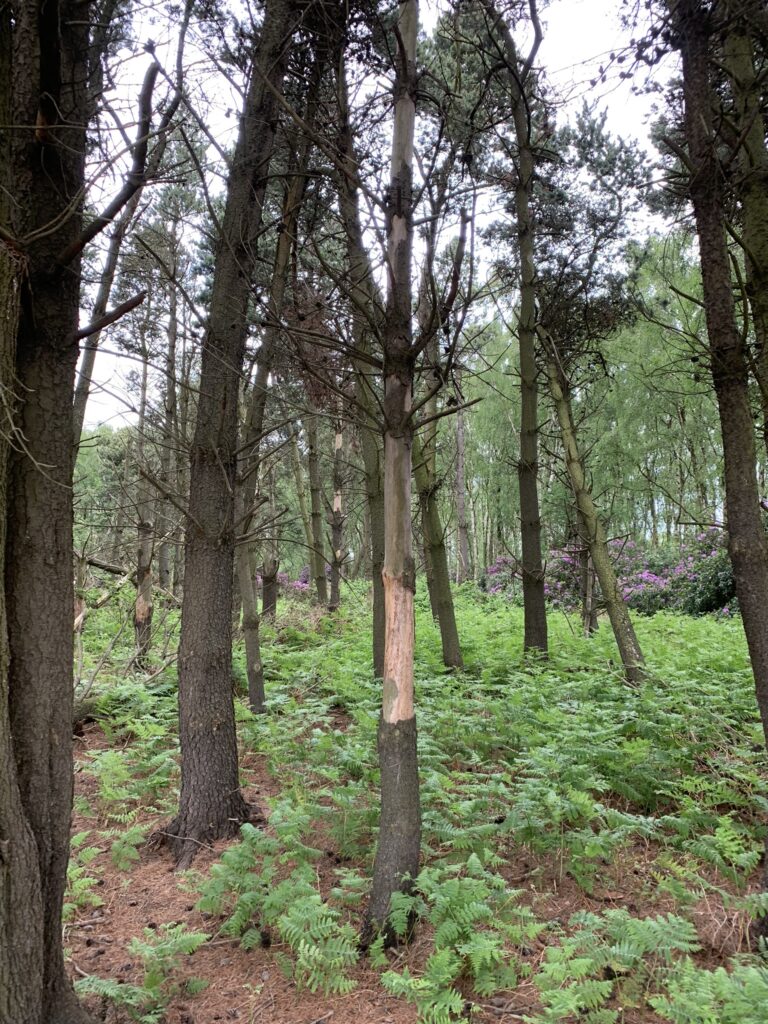
National Tree Week
By Lara Gerard
Trees
They are useful for a variety of conditions in addition to providing shade and shelter. From providing oxygen and improving the quality of the air we breathe to providing food, habitats, niches, and acting as a carbon sink.
Trees help to absorb carbon from the atmosphere and store it in wood, plant matter, and soil. This means that trees aid in the global carbon cycle. They also help to reduce landslides by lowering moisture levels in the soil. Trees produce a chemical called phytoncides, which has been proven in research to improve your immune system and overall health.
Fun facts
Trees provide over 80% of the worlds terrestrial biodiversity with habitats.
Forests store up to 45 percent of the carbon stored on land. Forests cover 30% of the Earth’s land surface.
How they are being damaged
Logging
Cutting down trees to harvest timber for wood, fuel and products. This activity on the exponential level it is being done commercially is playing a major role in deforestation. Logging is damaging forest, destroying habitats and when burned releasing the carbon which has been stored back into the atmosphere.
Invasive species
Invasive species are also playing a role to damage trees. From invasive plants such as Rhododendron which will dominate a habitat if not taken control of. It is toxic to many plants and it contains Phytophthora which is a fungus- like pathogen which has affects on many tree species.
Grey squirrels (Sciurus carolinensis) is an invasive species which has many negative effects on our native species such as Red squirrels (Sciurus vulgaris) but also on native woodland trees. Both species of squirrels strip bark however grey squirrels, peel bark at a faster rate. This harms our native trees and eventually the ecosystem. Our woodland trees become more vulnerable to illnesses and diseases caused by exposed phloem (inner bark) when their bark peels at the rate of grey squirrels. Bark stripping on mature and young trees can result in significant scarring, allowing other tree pests to penetrate and kill the tree.


Agriculture
Agriculture contributes to around 80% of deforestation. From clearing sections of forests to create grazing lands for animals to creating monocultures of specific crops such as corn, wheat, soybeans and palm (for oil). These farmed products hold a staggering guilt to deforestation.
Get involved
Simply go for a walk when you have a chance, spend some time in your garden. If you have time why not volunteer even if you can only do it for a day there are many opportunities to give back to nature and you can even plant a tree. Why not make a family tradition or even a competition to grow your own tree!
Some links if you’re interested:
https://www.friendsofprincesparkl8.org.uk/about-fopp/the-friends
https://www.woodlandtrust.org.uk/support-us/act/volunteer-with-us/
https://www.cityoftrees.org.uk/volunteer
https://www.nationaltrust.org.uk/support-us/plant-a-tree
https://www.trvst.world/climate-change/tree-planting-volunteer/
Become apart of something bigger
One tree planted is one step closer to
Saving Our Planet

